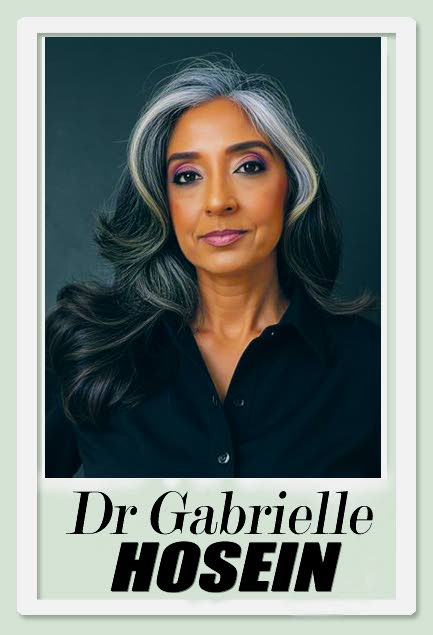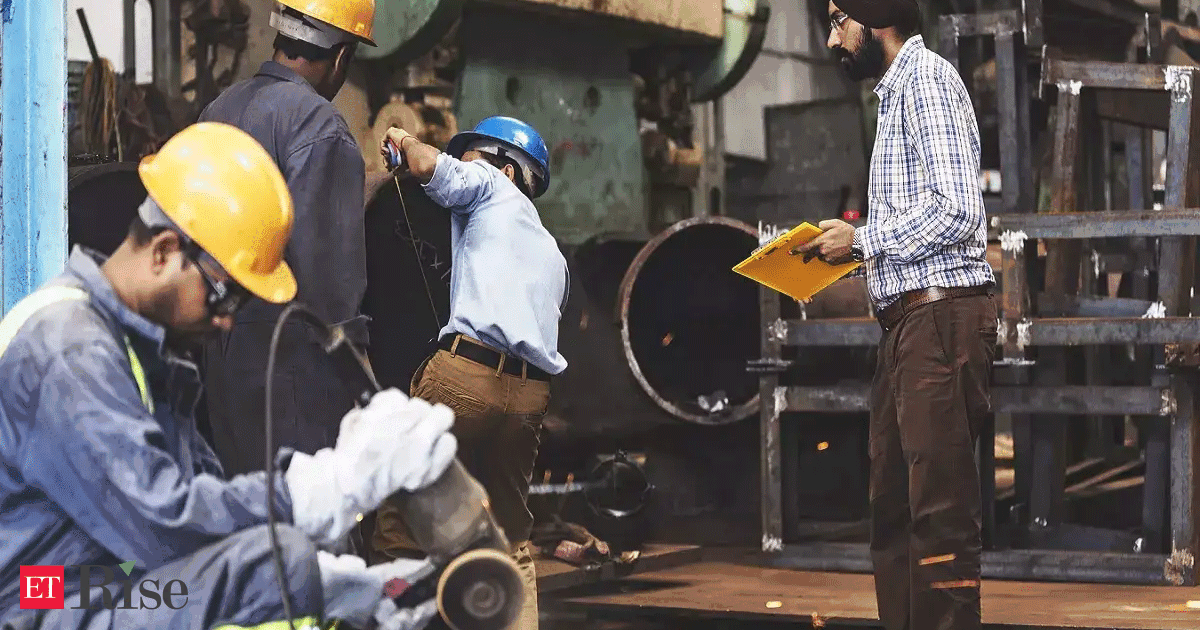By Gabrielle Hosein
Copyright newsday

EVERYDAY people are offering the political leadership that the world needs. This is how it has always been. It is a reminder of why it is important for the “small” person, as Trinidadians/Tobagonians say, to have our own vision for the present and the future; one not handed to us by those at the top.
Leaders will let us down just when we need to uphold our highest ideals, or they will delay until there is no choice, or will prioritise deals that are unethical because they are good for business or their allies. So the world turns.
We are our own hope. For example, despite censorship of every kind, Israel’s colonisation of Palestinians has remained in the headlines because people from across the world protested by the millions against the decimation being televised. These are the millions pitted against billionaires, corporate interests, the military industry, lobbyists, and state leaders.
European countries have finally begun to recognise Palestinian statehood, restrict sale of arms to Israel, and protect the flotilla sailing to Gaza to provide humanitarian assistance.
This was accelerated by popular outcry, for the unfolding horror led to mostly diplomatic statements and little real pressure or decisive action for nearly two years. Where South Africa led the way, Europe dragged its feet.
Far more visionary and committed is the Global Sumud Flotilla, the most hopeful coalition of world citizens at this moment. In Arabic, Sumud means steadfastness and resilience, and the flotilla comprises civilian boats from about 45 countries sailing to Gaza with medical supplies, food, baby formula, books, fuel, water, and more.
This, despite reported Israeli drone attacks, propaganda about Hamas funding the flotilla, and some governments’ criticisms of it.
The flotilla comprises several coalitions and is a strategy begun in 2007 to challenge the Israeli blockade. In 2010, Israeli forces confronted the Gaza Freedom Flotilla, killing activists.
Each flotilla aims to break through the blockade to deliver supplies and help directly (and not through other countries), establish a sea corridor for aid, and show solidarity with Palestinians resisting siege, starvation, annihilation, and erasure.
The flotilla approaching Gaza as you read is people-led, non-governmental, non-violent, multi-generational, and international. At ports where it stops, thousands gather to show their support, defying our separation, showing that people of the world can unite.
By contrast, state leaders are increasingly entrenching a language of borders and of us vs them. For example, it has become commonplace to adopt anti-immigrant positions and policies, suggest that migrants pose a risk to culture, religious beliefs, and ethnic composition, and associate migrants with criminality. This discourse is fuelled by the far right across the west.
Of course, this would be a bizarre argument for us to make in TT, a nation of mainly migrants, with a long history of Venezuelan settlement (beginning with indigenous peoples), and continuous cultural syncretism and evolution.
Home-grown problems of criminality are rooted in such factors as low conviction rates, lack of prison reform, illiteracy, and unemployment. Our own limited migrant settlement policies fuel the informal and illegal economy. A greater threat is US-manufactured guns flooding the region. We shouldn’t import divisive language that distracts attention from these.
There has also long been billionaire- and oil and gas industry-financed delegitimising of the global movement to stop man-made, fossil fuel climate destruction.
Such destruction, of course, makes mincemeat of the idea of borders, such as between developed and developing countries. All of us will suffer, whether from drought, floods, sea-level rise or other predicted outcomes, with the poorest in developing countries suffering most.
Climate activists are world citizens invested in our single, integrated future. They are hardly just from developed countries. This dismisses decades of organising by everyday folk from Africa, India, Latin America, the Caribbean, and the Pacific region.
They are hardly force-feeding an unjust climate agenda, blackmailing developing countries into co-operation, or weaponising access to financial systems, media platforms, new technologies, and development funding. This would be laughable were it not so Orwellian.
Fossil capitalism is an obsolete model in which we are stuck, it is true, but it is unbalanced and unreasonable for oil and gas giants, whose empires cross borders, to reap billions while our very existence is at stake.
Everyday people, connected across countries and regions, have spent decades building recognition that we are one multispecies planetary ecosystem and one world in which borders matter less than solidarity against injustice.
We, not statespeople, are championing what we actually need. This is exactly what our politics should be.
Diary of a mothering worker
motheringworker@gmail.com



